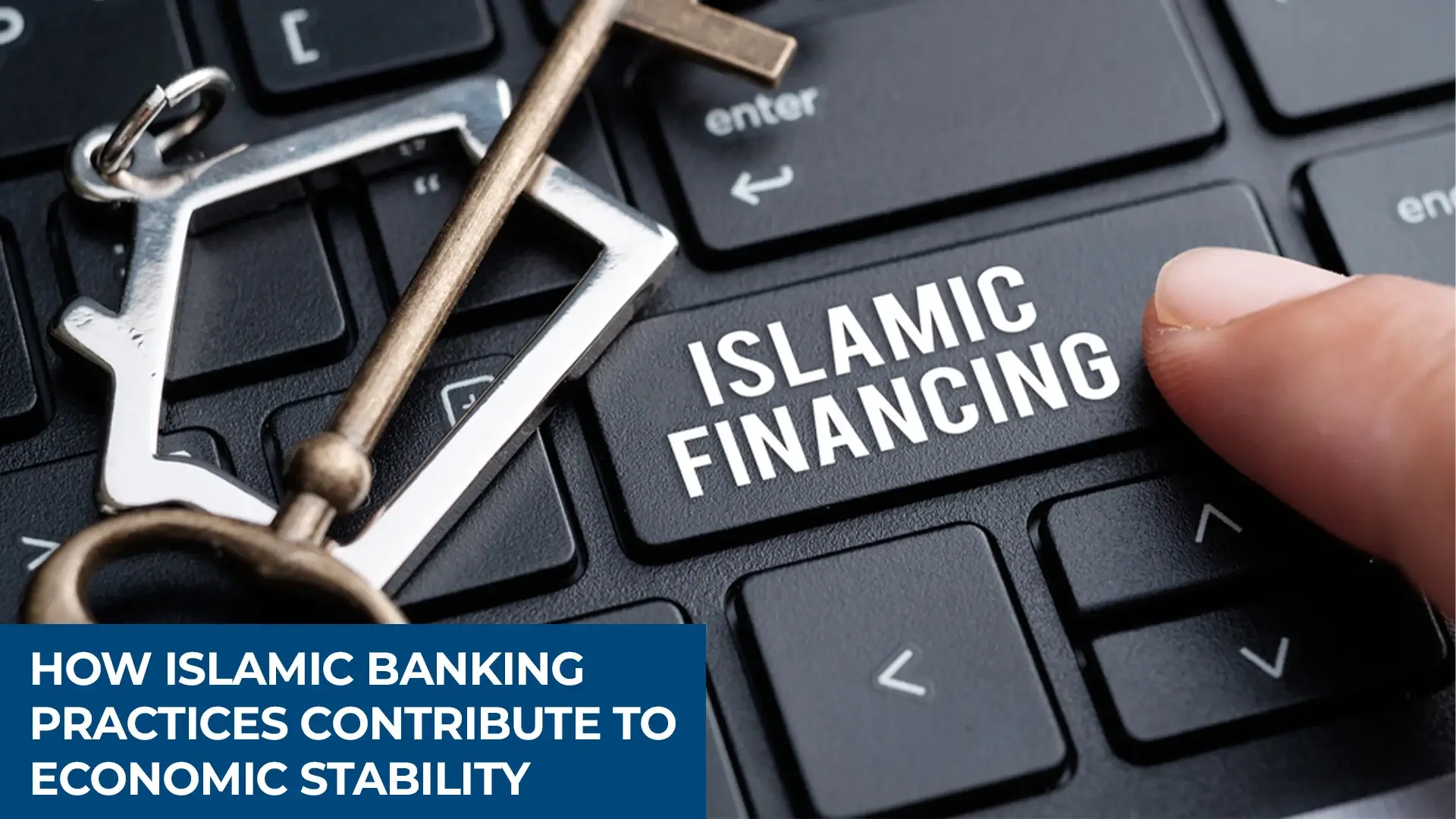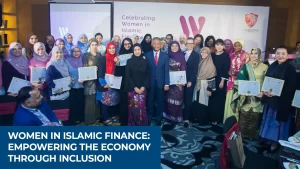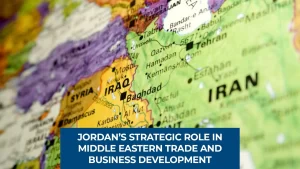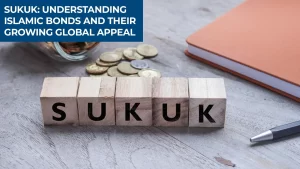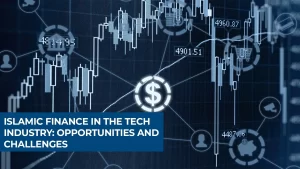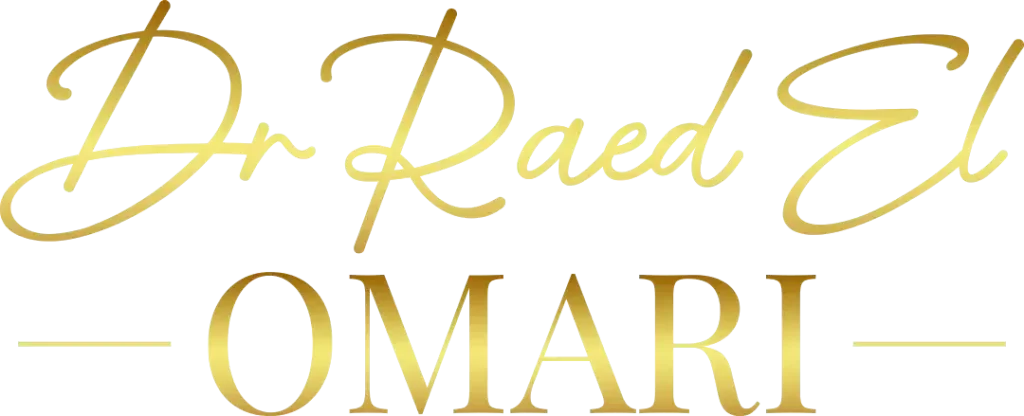Islamic banking is the banking system, which is based on the rules of Islamic Sharia and provides the methods of finance, which can positively affect the stability of economy from ethical perspective. Based on the concepts of risk sharing, asset finance, and the prohibition of interest (riba), Islamic banking offers a banking system that corresponds most closely with real economic activities and sustainable growth.
RISK-SHARING AND ECONOMIC BALANCE
One of the key premises of Islamic banking is the sharing of risks. Unlike the conventional technique where a bank lends money to the borrower and the latter is fully exposed to risk, Islamic banks go into sharing of profits and losses. In financing, structures such as Mudarabah/ partnering and Musharakah /financing involve the sharing of risks between the bank and the customers in the investment business. This approach fosters responsible borrowing because banks are more careful when evaluating the profitability of projects, thereby eliminating possibilities of economic bubbles and providing stability in the economy.
ASSET-BACKED FINANCING AND REAL ECONOMIC ACTIVITIES
Another requirement of Islamic banking is that it bans the process of charging interest, but it is based only on the sale and purchase of goods and services, which are commonly referred to as Islamic banking modes of financing where financing and accepting risks are linked to the financing of an asset. This principle makes a point that money should be used in the creation of worthwhile activities in any economy thus the concept of real business. Some of the instruments like Ijara (leasing) and Murabaha (cost-plus financing) involve real assets and therefore bridge the financial sector with the real economy. This minimizes the business risks and improves the solidity of the financial system as compared to the previous systems, since they do not entail pure financial operations.
RESTRICTIONS ON INTEREST AND ETHICAL FINANCE
The ban on receiving interest in Islamic banking excludes the accumulation of debt, which, in its turn, causes crises. Islam bans ‘riba’ on the basis that the taking and giving of interest distorts the equity of the parties involved in the transaction. This prohibition also promotes other methods of funding like equity funding and contract funding, which do not favor concentration of wealth in the hands of a few individuals. While Islamic banking revolves purely within the Islamic law the social basis is key to produce quality financial products and services with stability in the economy.
ENHANCING FINANCIAL INCLUSION
Another concept associated with the improvement of financial inclusion is Islamic banking. Another advantage is that by targeting clients that may not be able to use conventional banking services because of religious restrictions, Islamic banks can capture new niches in the market. Micro financing instruments such as Qard Hasan enable funds to be given to the business at a reasonable interest rate hence encouraging economic growth of the community. This inclusion assists in passing wealth around throughout the economy and assist in eradicating high levels of inequality that make the economy more volatile.
PROMOTING LONG-TERM INVESTMENTS
It boosts long-term partnerships and investments hence promoting sustainable economic development as seen in Islamic banking. Islamic financial institutions have long-term investment horizons in areas such as infrastructure, renewable energy, and healthcare, which are beneficial to the economy. These investments lead to employments, raise the standards of living, public utility provision and are thus vital in the stability of a nation’s economy.
CONCLUSION
Therefore, Islamic banking practices have positive impact on economic stability by offering risk-sharing, asset-based financing, ban of interest, ethical operations, increased access to finance, and promotion of sustainable long-term investment. Islamic banking offers a strong foundation by separating the financial activities from the real economy needs and by focusing on ethics thus providing a good model for economic development.
Visit my https://drraedelomari.com/ for any queries or insights. As a Jordanian business expert, I am here to help you navigate the complexities of the business world. Contact me today, and let’s work together to achieve sustainable growth in different industries.

